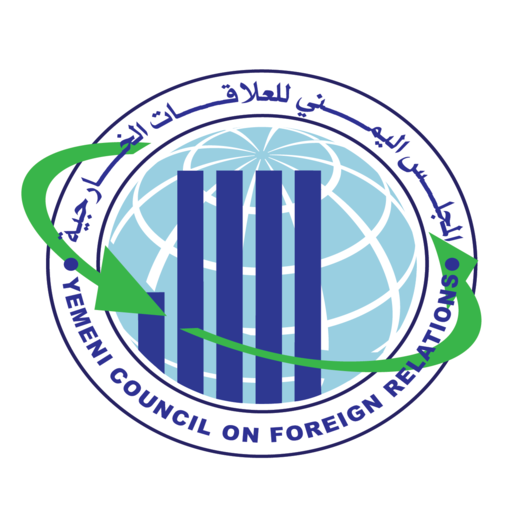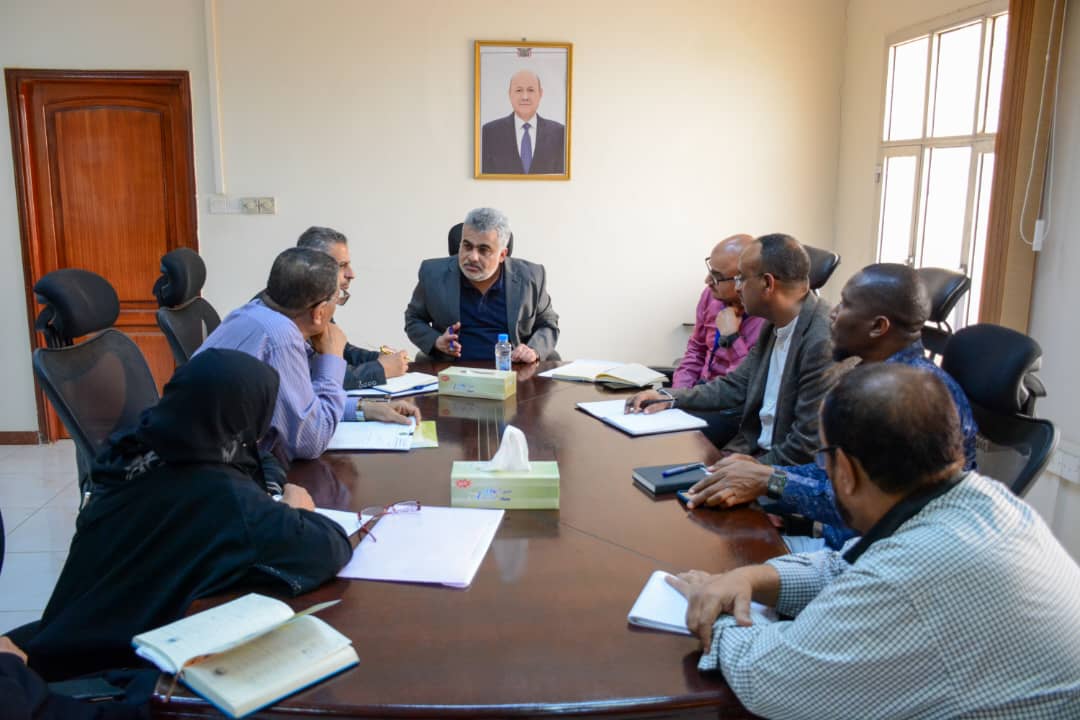Dr. Nizar Basoheib, Deputy Minister of Planning and International Cooperation, met in Aden on Tuesday with Vito Intini, Chief Economist at the United Nations Development Programme (UNDP). Their discussions focused on coordinating joint efforts to formulate a sustainable development plan for the next five years.
The meeting reviewed mechanisms and standards for establishing a comprehensive development plan framework. This framework should align with the country’s available resources and address all aspects of development plans and programs designed in partnership with stakeholders. It should also consider needs, projections, and national priorities to ensure the advancement of comprehensive and sustainable economic development plans and programs for Yemen.
The Deputy Minister emphasized the Ministry’s commitment to adopting plans with an integrated, comprehensive, balanced, and sustainable development approach. These plans should consider national specificities, current challenges, and future opportunities. He praised the close cooperation and efforts between the Ministry and UNDP in supporting the government’s development endeavors.
In a separate meeting, Dr. Basoheib discussed food security data and indicators with Dr. Khodr Attaroush, Head of the Food Security Technical Secretariat, and Elmo Mane, Manager of the Food Security and Nutrition Information Systems Project at the Food and Agriculture Organization (FAO). The discussions focused on tools and methodologies for obtaining food security information.
Dr. Basoheib stressed the need for accurate food security data encompassing all regions, at both governorate and district levels. He explained that such information provides indicators for building data related to food security, particularly crucial in these challenging circumstances.
In another context, the Deputy Minister of Planning and International Cooperation met with Junelle Jaffer Uva, Director of Operations at People in Need. They discussed the organization’s programs and projects for the current year and future directions for localizing humanitarian work.
Source: https://www.sabanew.net/story/ar/114231

